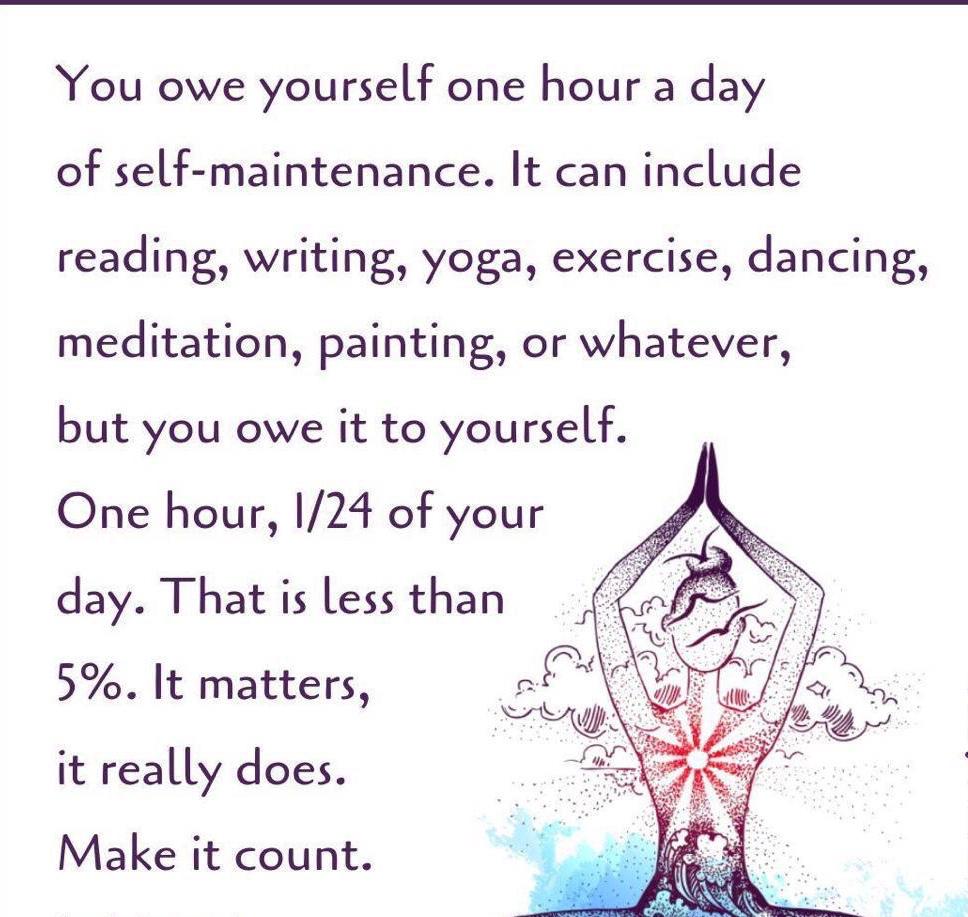FORGIVENESS
Over the past few years, people have been making a lot of noise about forgiveness.So what exactly is forgiveness and what is it not?
Forgiveness is…
- Forgiveness is a conscious and deliberate decision to release negative, self-limiting feelings. Typically, forgiveness does not happen spontaneously; it is a conscious choice to forgive.
- Forgiveness is a process that takes time, effort and energy.It is often a painstaking process, which is difficult because it is worth it.
- Forgiveness involves seeking peace, not justice. The person or people who hurt you may never get punished or incur any consequences for their action. This fact should not prevent you from moving on with your life.
- Forgiveness is an empowering technique to recognize pain and begin the healing process.
- Forgiveness is a way to functionally cultivate empathy. Put yourself in the person’s shoes that hurt you.Once you are empathetic, forgiveness is a much easier and more meaningful task.
- Forgiveness is stress reducing. Forgiveness improves health. Ruminating about grudges increases blood pressure, heart rate, and stress. Stress injures us physically, mentally, emotionally and spiritually. When we forgive, our stress levels drop.
- Forgiveness is a way to connect. Forgiveness boosts connectedness and kindness.Forgiveness can help repair relationships, resolve conflicts and maintain stronger, more satisfying relationships, including marriage.
Forgiveness is not…
- Forgiveness is not forgetting. It is impossible to wipe your memory clean and completely forget the negative things that have happened to you.
- Forgiveness is not ignoring. When you interpret someone’s actions as being detrimental to you, it is not reasonable or healthy to assume that you can ignore what happened. Looking the other way or turning the other cheek is great in theory, but in reality, this is impractical and nearly impossible.
- Forgiveness is not being naïve or denying. What happened, happened. Denying the past is difficult, dishonest, and unhealthy. Changing emotions is nearly impossible without first altering your thoughts. This is the basis for cognitive behavioral therapy.To forgive, we need to acknowledge the occurrence and the hurt…and then move on.
- Forgiveness is not condoning, accepting, excusing, enabling, enforcing, or encouraging bad behavior.You accept the pain and hurt, but not the behaviour.
- Forgiveness is not reconciliation. You are forgiving someone who did you wrong. Reconciling takes two people. Reconciling cannot be achieved unless the victim forgives and the offender repents.
A useful acronym for Forgiveness is Everett Worthington’s REACH:
Recall the hurt,
Empathize with the person who hurt you,
offer an Altruistic gift of forgiveness,
Commit to forgive (ideally publicly), and
Hold onto that forgiveness.
That’s all for now.
Be Well and Forgive often.

Comments are closed.